Areas of work
WHO provides technical support to build capacity of Member States to prevent, prepare for, respond to, and recover from natural or man-made emergencies, including environmental, biological or humanitarian emergencies. We work through an all-hazards approach to strengthen core capacities to fulfil the mandated responsibilities under the IHR (2005). The International Health Regulations programme provides comprehensive technical support and engages in consultation while prioritizing the Region's most vulnerable countries with limited capacities. This approach ensures that all countries, particularly those with limited resources, have the necessary capabilities to effectively respond to and manage various hazards and emergencies while also addressing any health risks or disasters that may arise as a result.
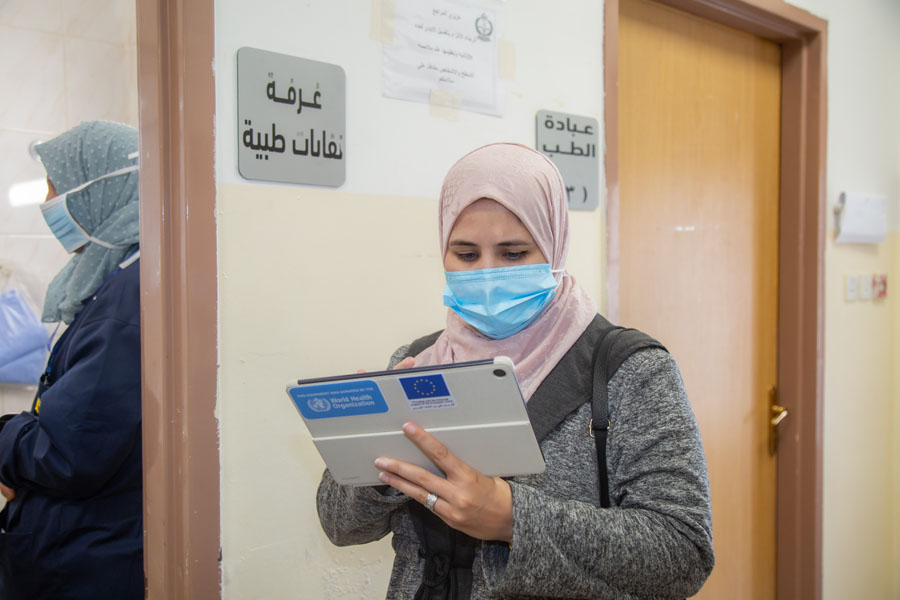
IHR monitoring and evaluation
The IHR monitoring and evaluation framework is designed to provide a comprehensive and structured approach to assess the implementation of core public health capacities in countries, as outlined in the IHR (2005).
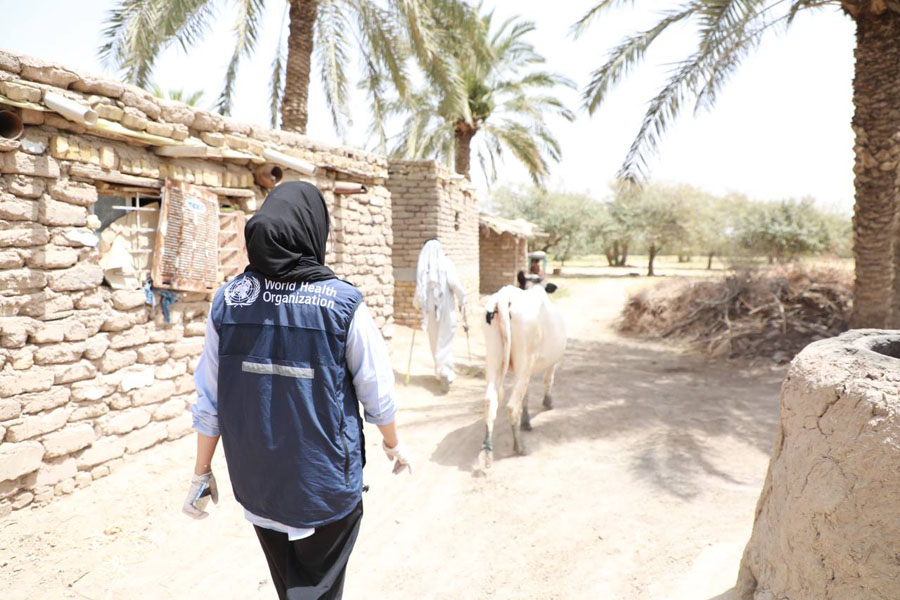
One Health
One Health is an integrated, unifying approach that aims to sustainably balance and optimize the health of people, animals and ecosystems.
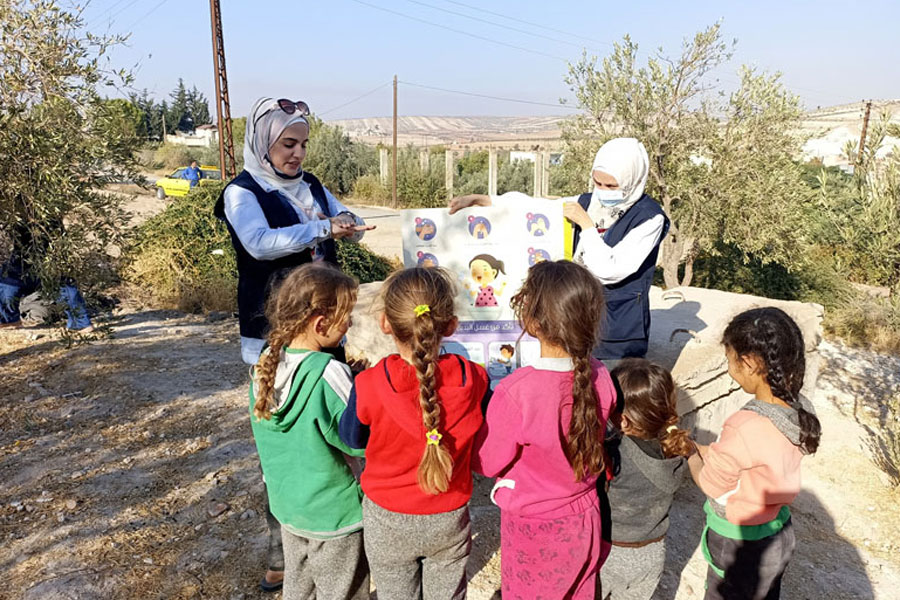
Risk communication and community engagement
Risk communication and community engagement is one of the core capacities under the IHR and an essential critical component of emergency management that enables countries to have planned and anticipated communications response during outbreaks and emergencies.
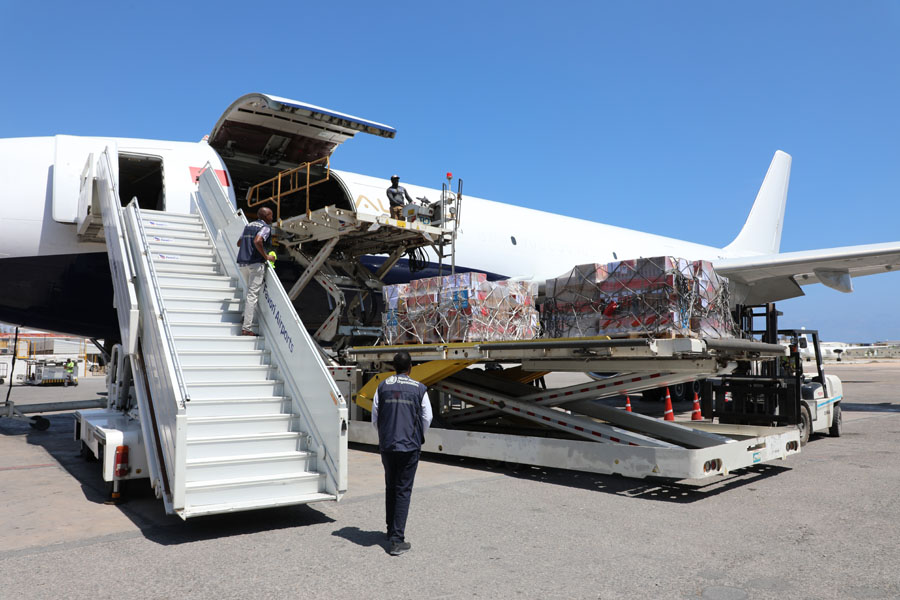
Points of entry
The establishment and maintenance of effective core capacities at points of entry are one of the main areas under under IHR as outlined in Annex 1 of the IHR.

Mass gatherings
Mass gatherings, such as sporting events, festivals or religious pilgrimages, are critical components of global health security as they can pose significant risks and can strain a hosting country’s resources.
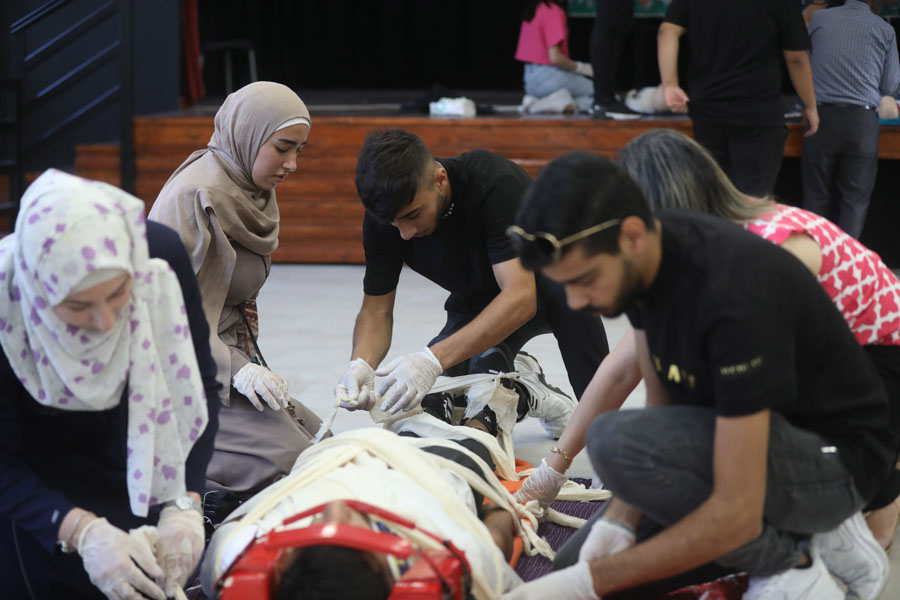
Emergency medical teams
The WHO emergency medical team initiative is a global programme that aims to strengthen health systems by coordinating the deployment of quality-assured medical teams in the event of an emergency.
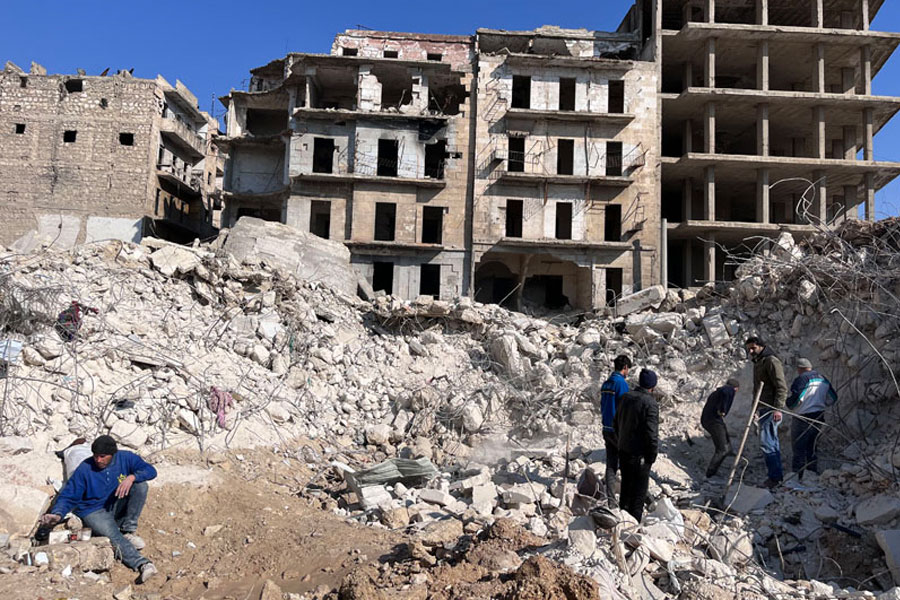
Disaster risk reduction and emergency care system
Disaster risk reduction and emergency care system are essential components of public health emergency preparedness and response.

Public Health Emergency Operations Centres
Public Health Emergency Operations Centres play a vital role in the management of public health emergencies and ensure a coordinated response to an outbreak or emergency.
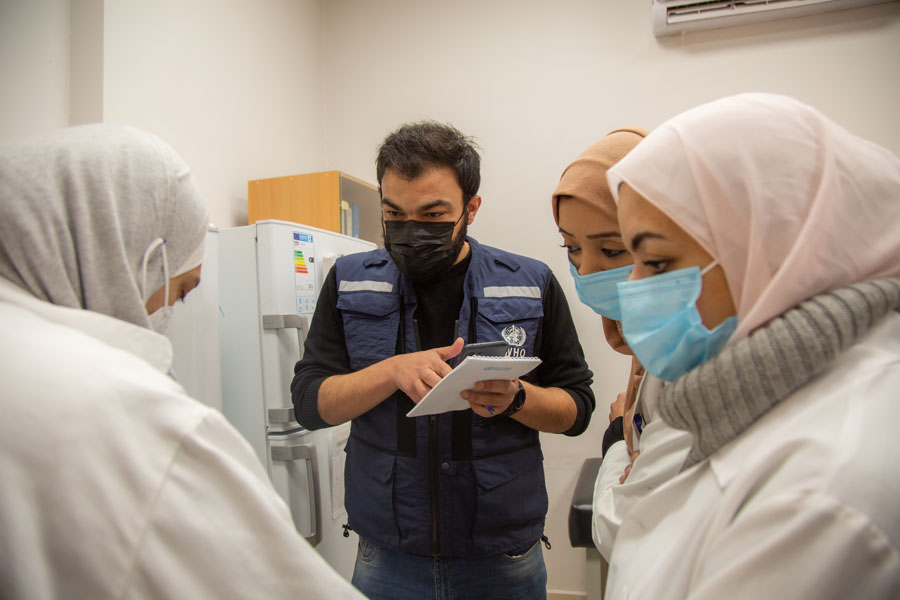
Operational readiness
Operational readiness, a dynamic process that requires ongoing assessment and improvement to ensure that countries are prepared to respond to public health emergencies, is a critical element in public health emergency management.
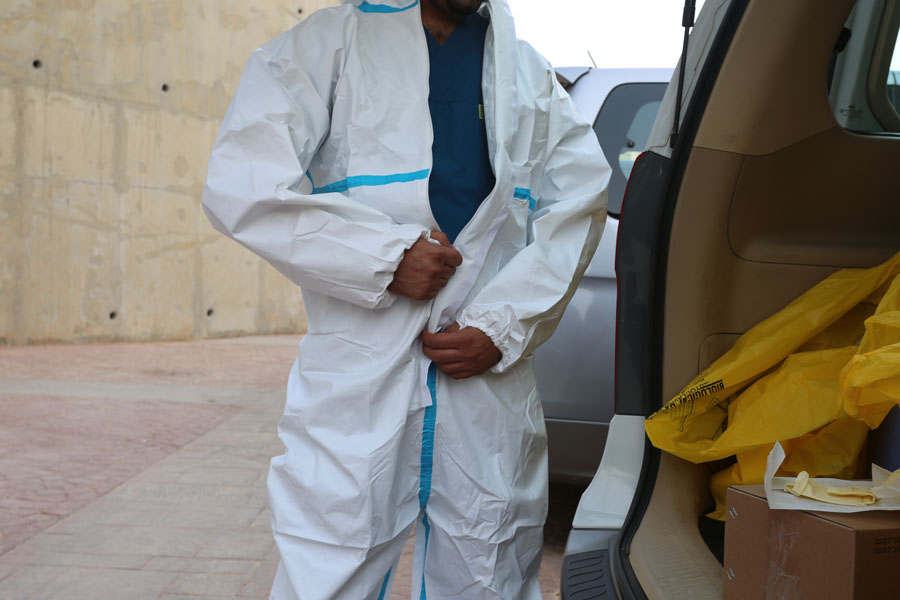
Health and security interface
WHO's Constitution of 1946 considers that “the health of all peoples is fundamental to the attainment of peace and security and is dependent upon the fullest cooperation of individual and States”.








